Copenhagen, Oct 02 (V7N) – European leaders on Wednesday voiced broad support for a proposal to use frozen Russian assets in the West to fund a €140 billion loan for Ukraine, though legal and financial details still need to be resolved before final approval later this month.
The plan comes at a time when U.S. military aid to Kyiv is winding down and several European governments face budgetary pressures. The European Commission has proposed tapping into the cash balances generated by frozen Russian central bank securities to provide Ukraine with funding in 2026 and 2027.
Council chairman Antonio Costa said the issue will be taken up again at the next EU summit in Brussels on October 23–24. “We discussed the possibility of making better use of immobilised Russian assets. We will continue this discussion at our next European Council meeting,” Costa told reporters after the talks.
Under the scheme, Ukraine would only be required to repay the loan once Russia pays war reparations for damages caused by its 2022 invasion. This would allow Kyiv to access crucial funds immediately rather than wait until Moscow compensates for the destruction.
“I strongly support the idea,” Danish Prime Minister Mette Frederiksen said following the leaders’ meeting in Copenhagen.
The proposal, however, faces complex legal challenges. International law prohibits the outright confiscation of sovereign assets, meaning the EU must design a framework that provides financing to Ukraine while still recognising Russia’s legal claim over its central bank holdings.
Belgium, where most of the frozen Russian assets are held, has been particularly cautious. Brussels insists on EU-wide guarantees to ensure it is not left alone to face Moscow if the assets must be returned unexpectedly. France and Luxembourg have voiced support for Belgium’s position.
European Commission President Ursula von der Leyen said the EU executive will refine the proposal to address these concerns. “We have to flesh out the plan much more, and I was glad to see the strong interest from leaders in the concept,” she said. “It is absolutely clear that Belgium cannot be the only member state carrying the risk. The responsibility has to be shared more broadly.”
The idea of leveraging frozen Russian assets has gained traction across the West as a way of sustaining Ukraine’s financial and military resilience. Western sanctions have immobilised around €260 billion of Russian central bank reserves, with a significant portion held in European financial institutions.
While leaders broadly welcomed the loan scheme, diplomats caution that final approval will depend on resolving both legal questions and the distribution of financial risk among EU member states. A decision is expected at the October summit.
News Source: Reuters
END/WD/SMA/



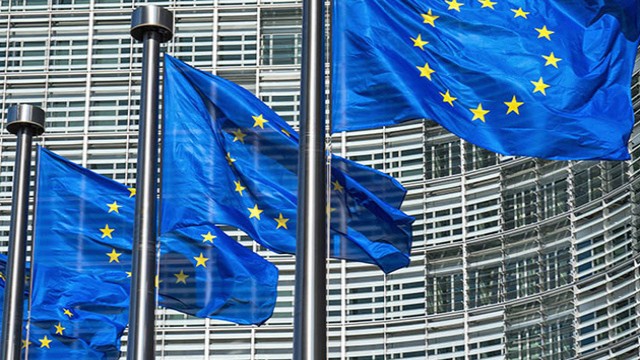
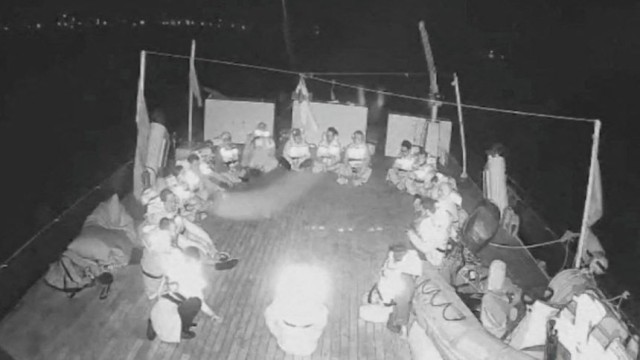
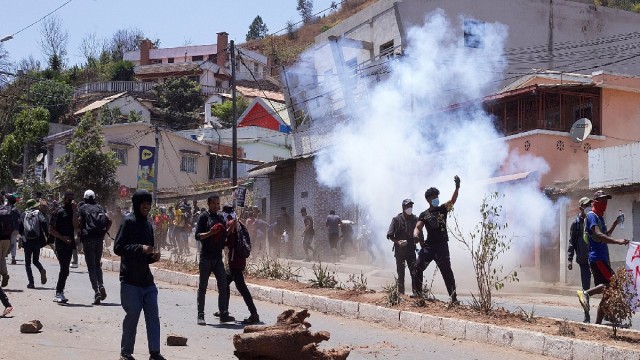

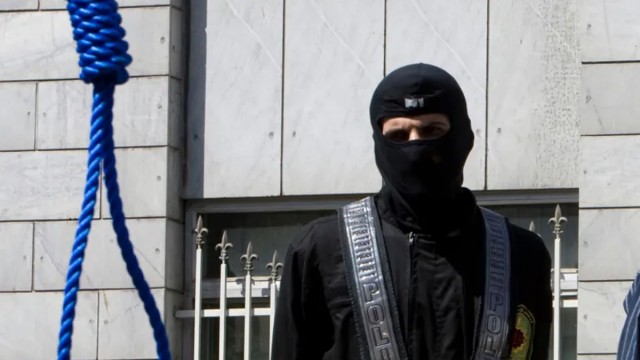

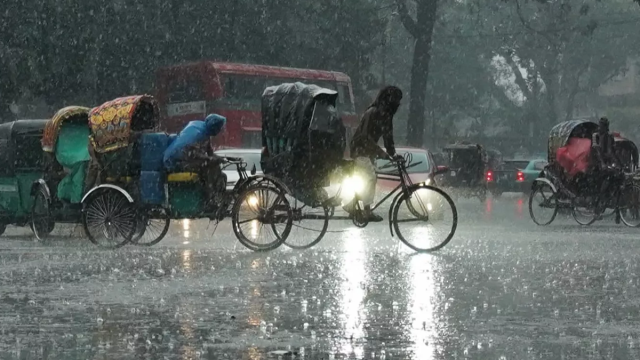
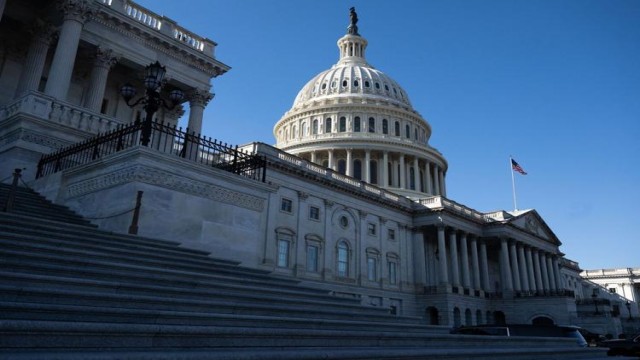



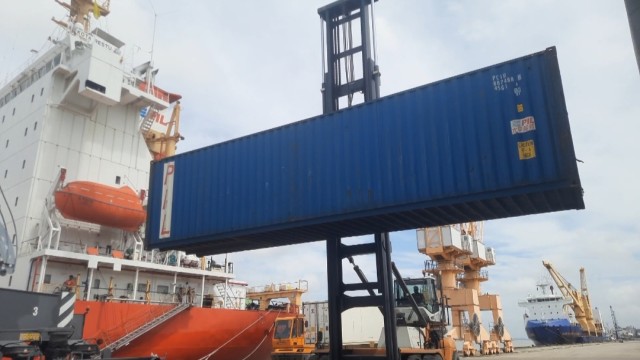






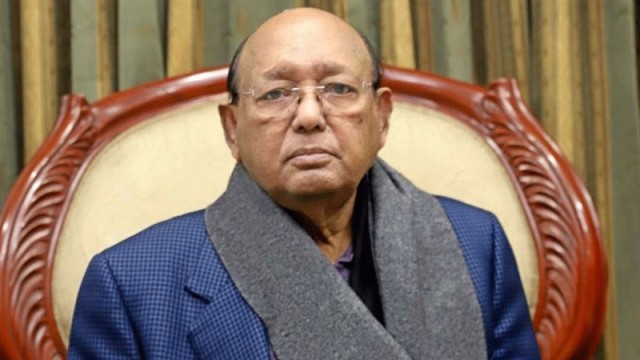

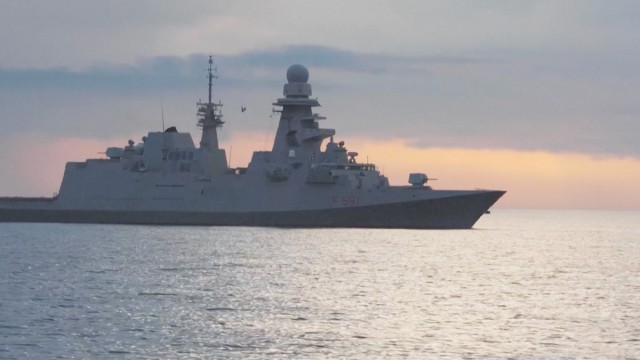


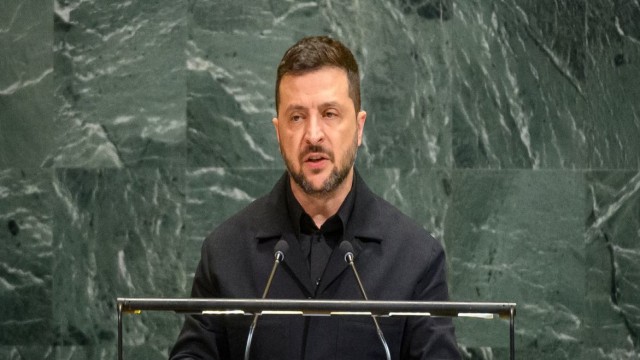

Comment: